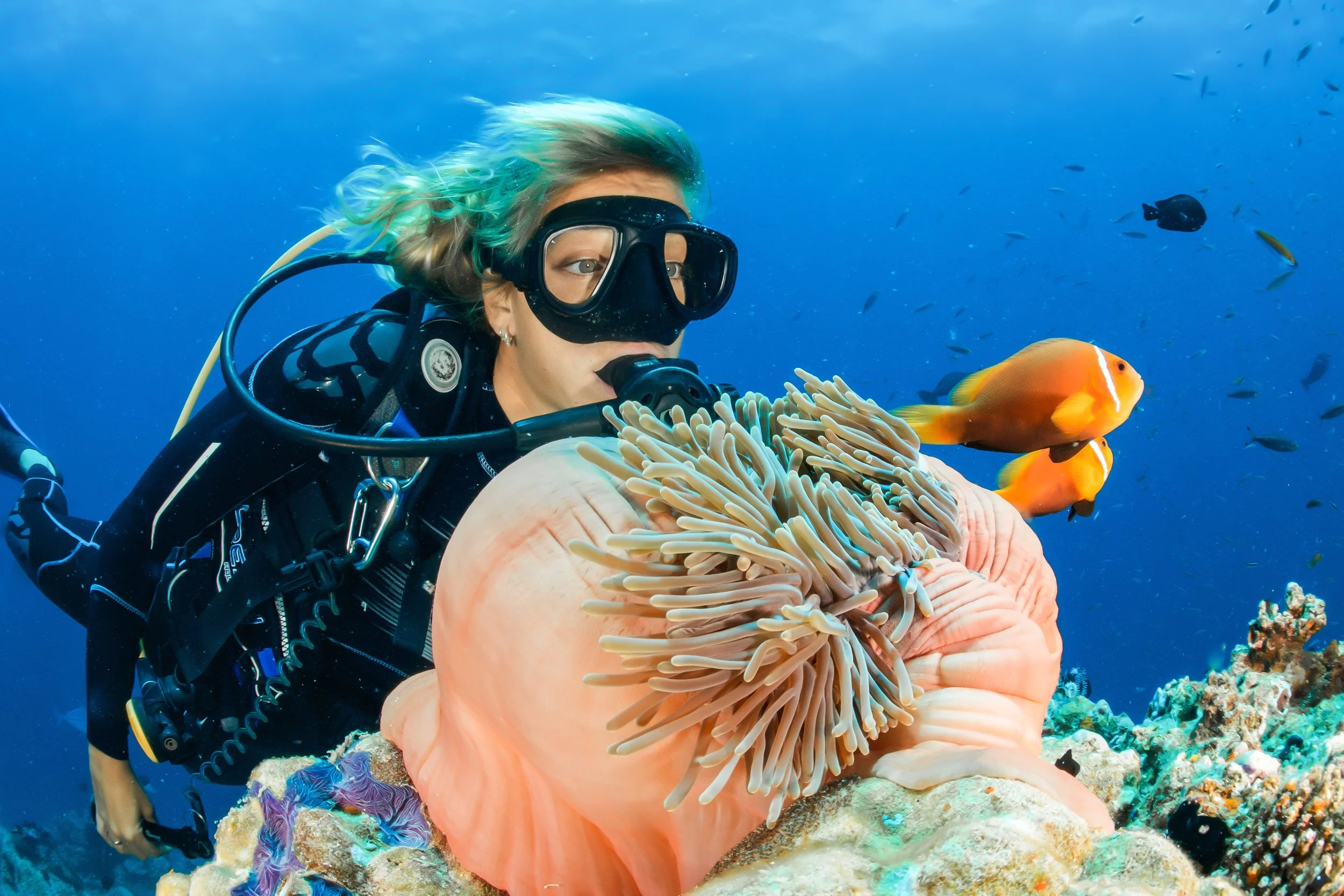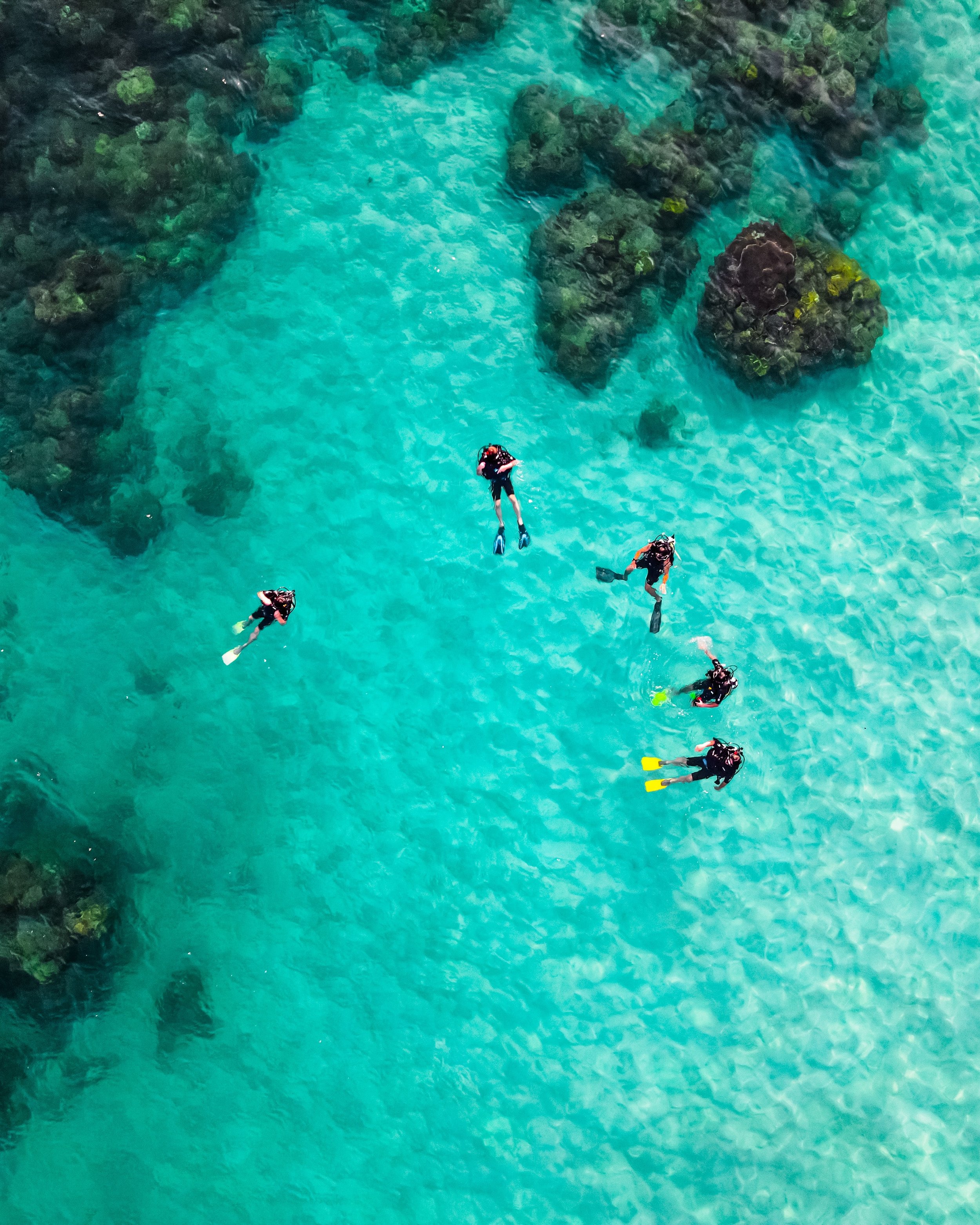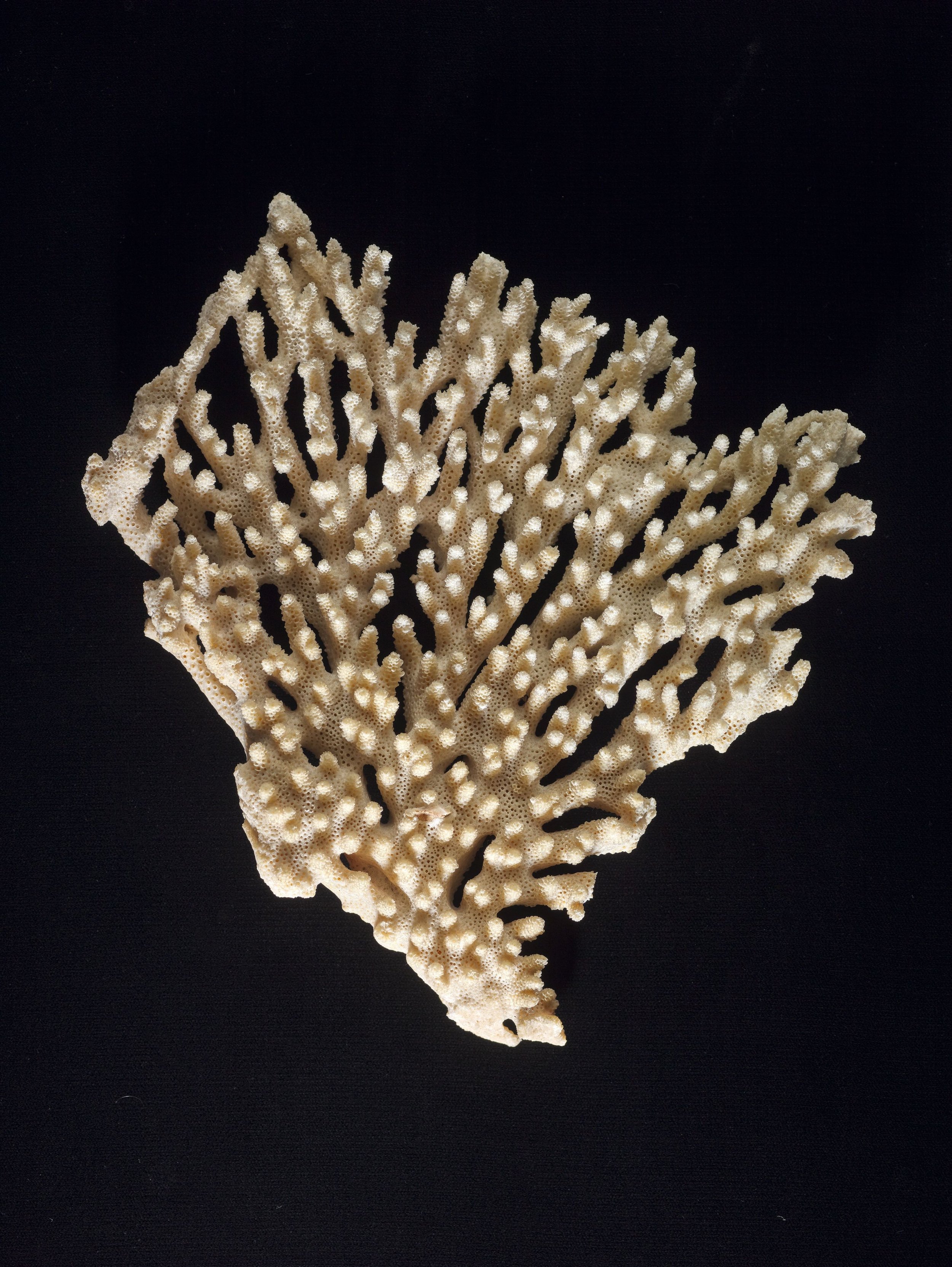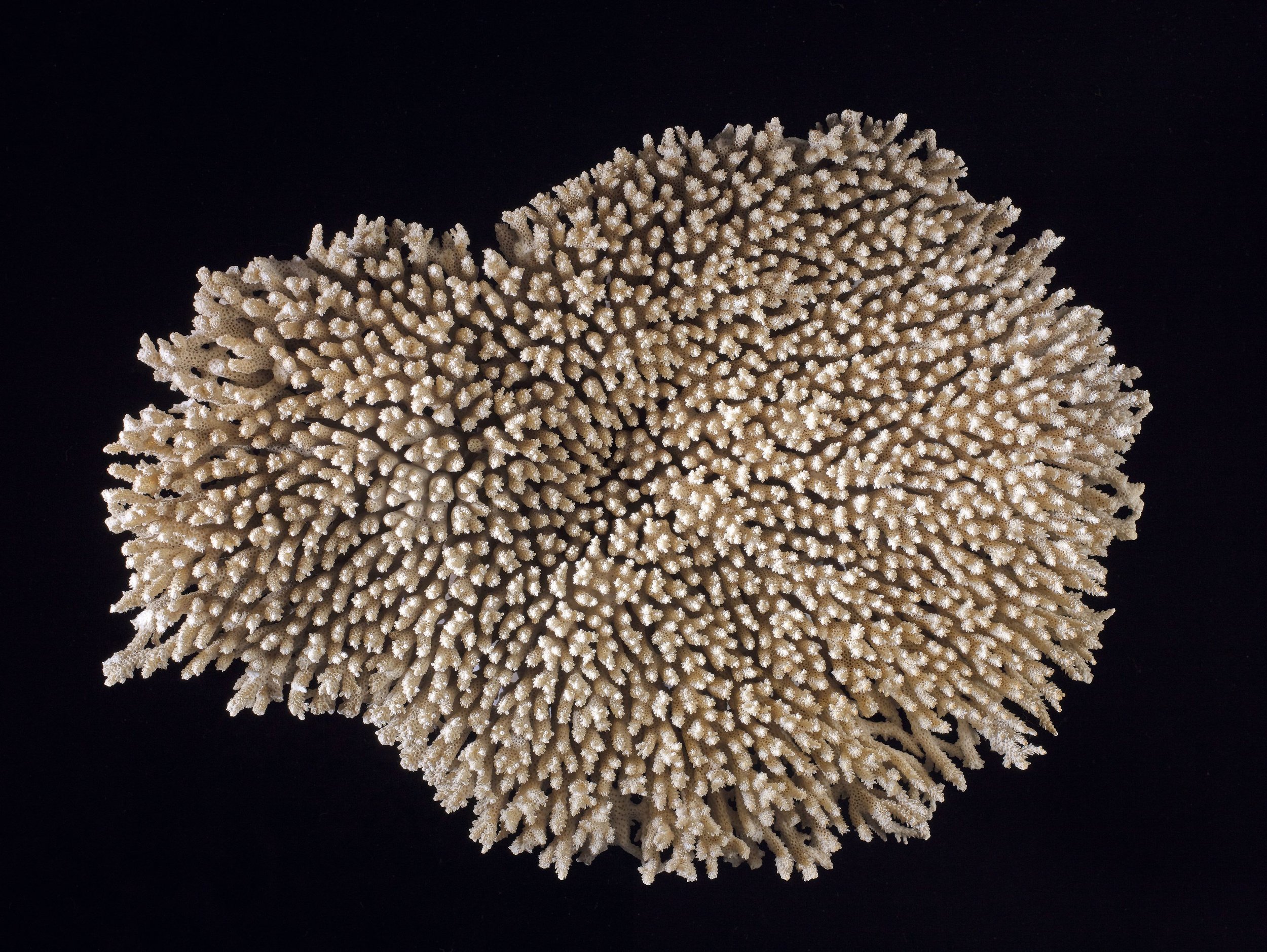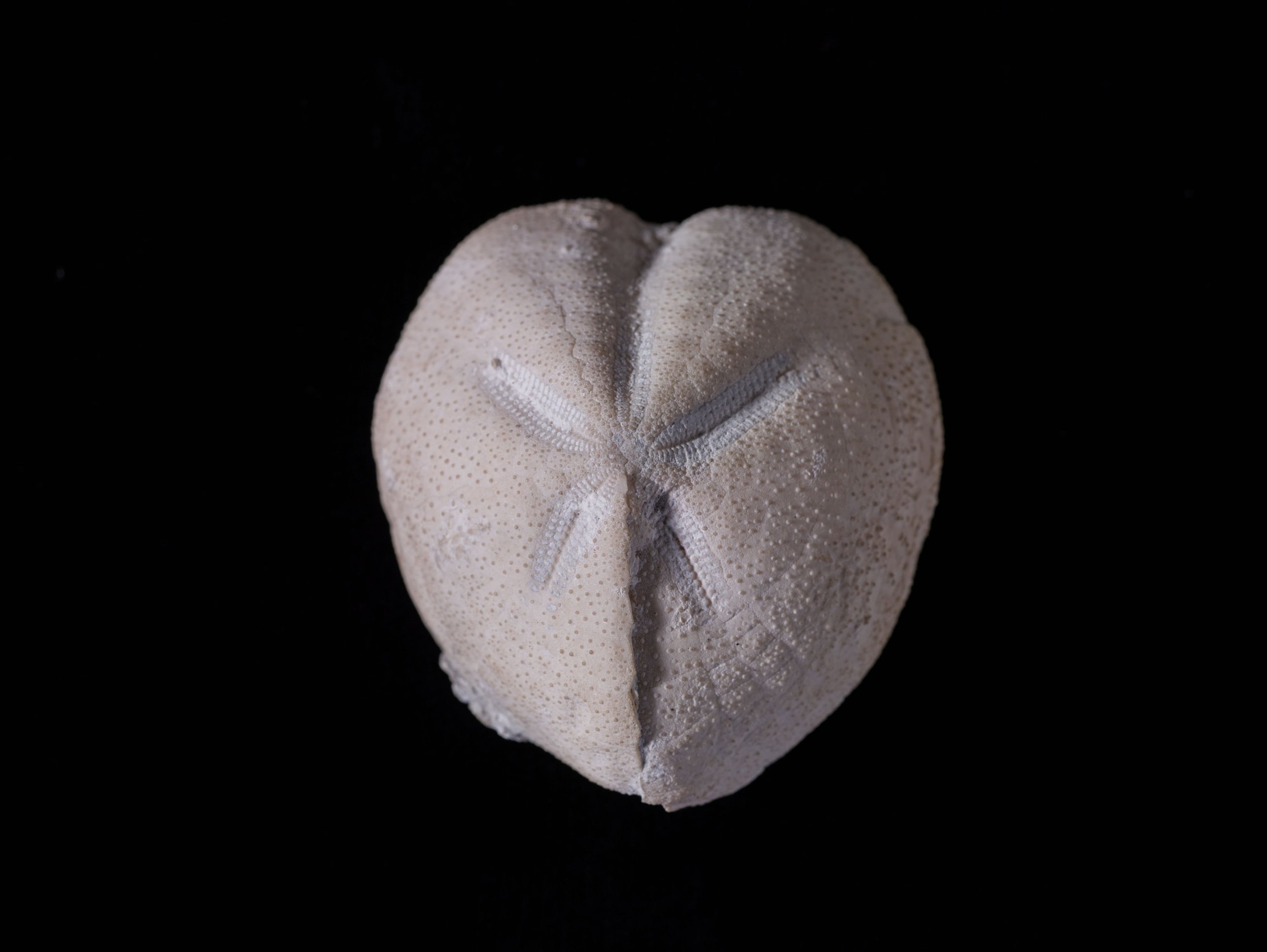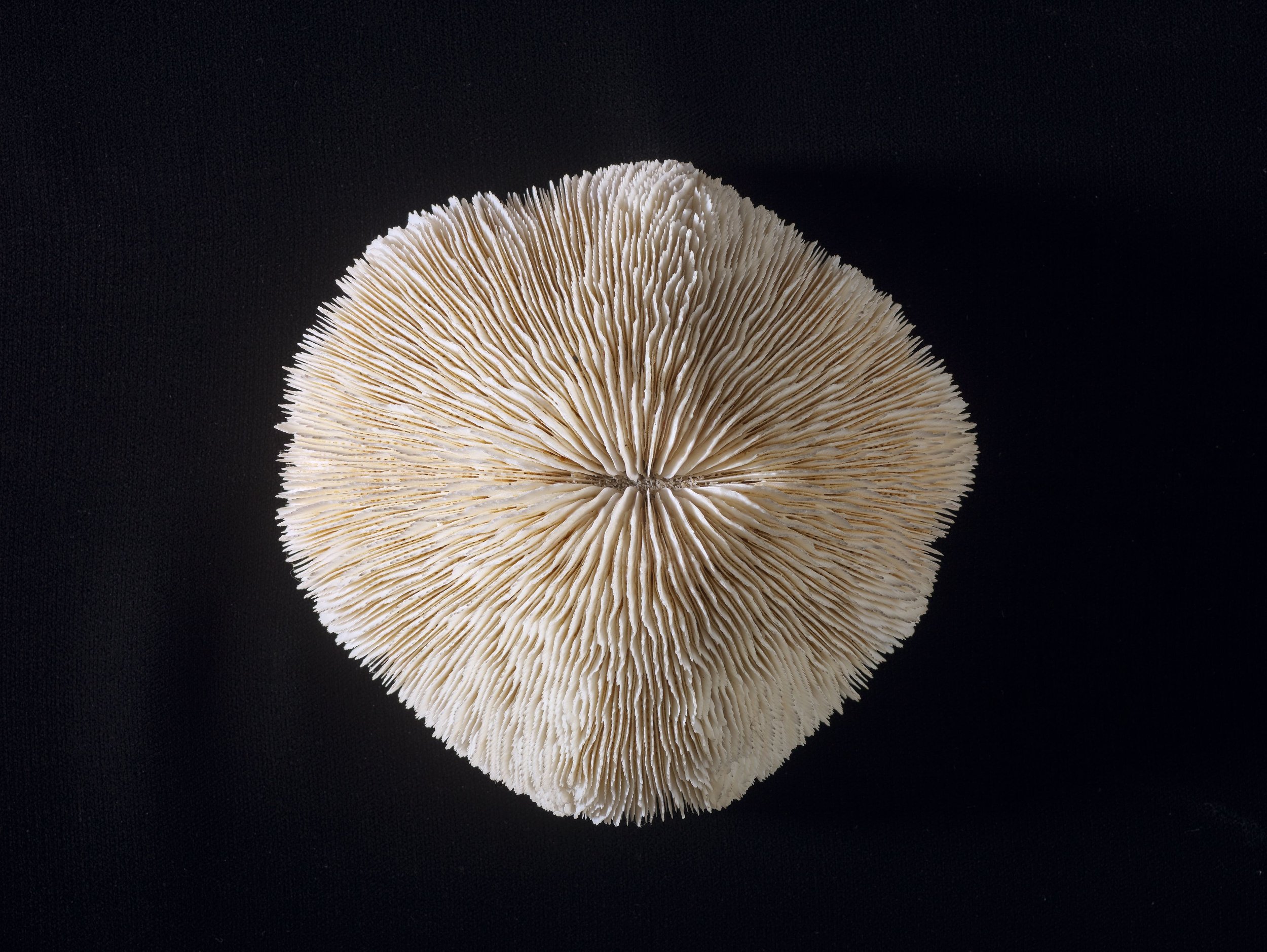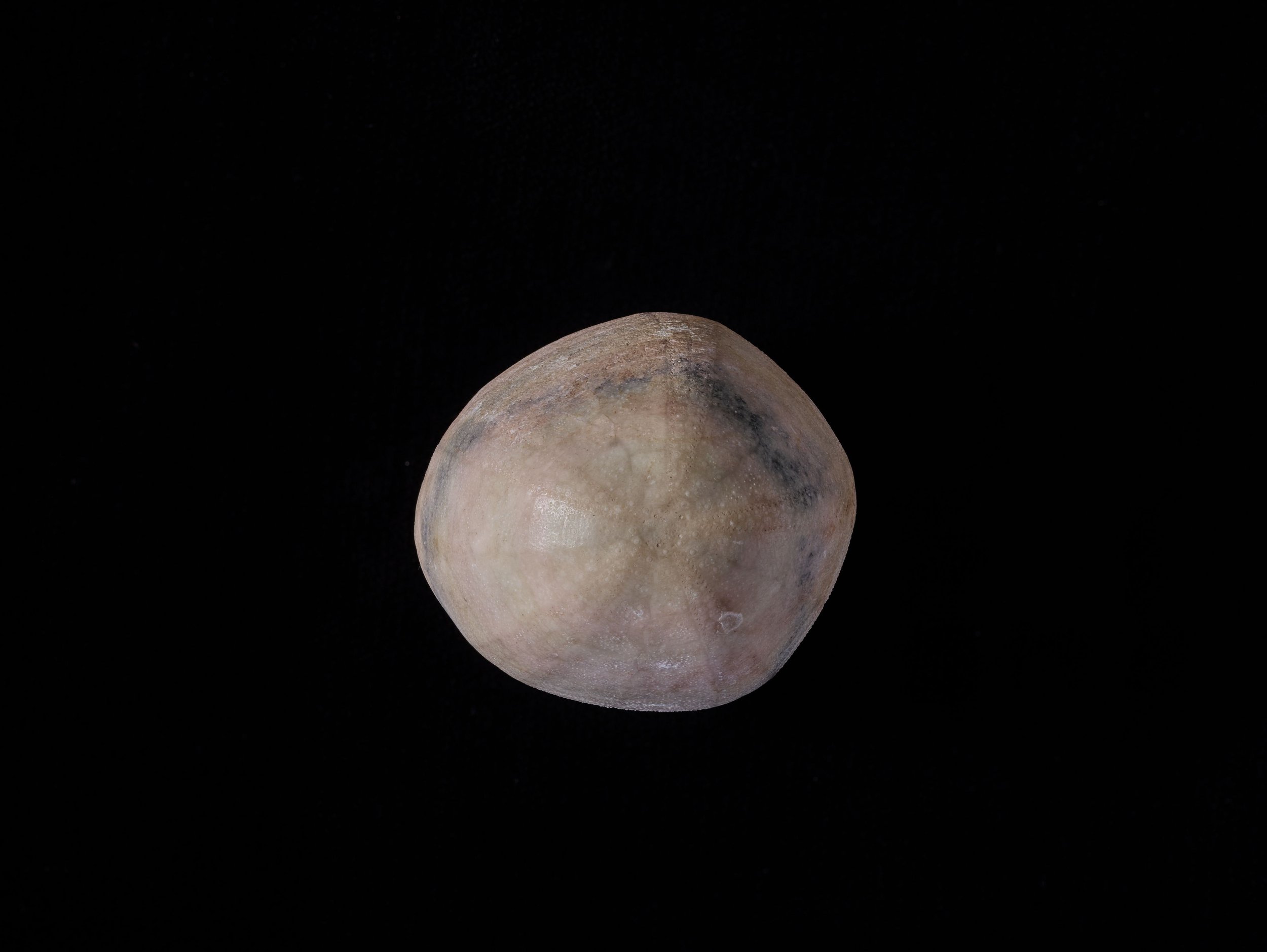how do you even breed coral anyway?
a long history of raising awareness
Greenpeace and WWF
print & digital
written by seb lansdowne
We know that ocean acidification has been an increasing issue in the last few years. A number of times there have been warnings that coral reefs will be wiped out and the Great Barrier Reef even had its third mass bleaching event within 5 years in 2020. So we know the ocean is not in great shape right now. But there are elements of hope. After its most recent and severe bleaching people are stepping in to help nature out.
“Good conditions over the past year have provided a ‘breather’ for the Reef, and fast-growing corals have helped drive this period of recovery.”
Australian Institute of Marine Science
Dr Kate Quigley, at the Australian Institute for Marine Science, is leading research into breeding heat resistant corals, to bring out to the reef and help bolster coral recovery. Diving across the length of the reef and collecting corals that have survived the 2016, 2017 and 2020 high temperatures, specimens are selected by her algorithm designed to find corals with heat resistant properties.
The team breed selected corals from the north and south barrier reef to get the right mix of genetics so that, after being grown in a sea simulator, they can be placed back in to the reef to flourish.
More positive news in late 2021 is that marine explorers have discovered a new coral reef that seems to be in pristine condition. At around 30m (100ft) under water, unusually deep for a reef, it is about 3km long. Scientists think its deeper position is how it managed to escape the fate that many other reefs have faced over recent years.
The discovery came as part of the SeaBed2030 project – aiming to map the entire sea bed by 2030. Dr Julian Barbiere, from UNESCO, said there were probably many more of these ecosystems "we just don't know about… We should be working to map them and to protect them.” Scientists think that coral reefs like this could provide refuge for other corals that are threatened in shallower faster warming waters.
bwa has done significant work with a number of different campaigns to help highlight how climate change may affect our oceans. We worked with WWF to produce a six minute film launched at COP in Copenhagen, illustrating the impact warming has on marine life and life that depends on the oceans. We also developed campaigns for Greenpeace, showing the impact that the industrial fishing industry has on coral reefs and marine life. Our interest in these issues is based on real time spent with real issues, as both bwa partners campaigned for years inside Greenpeace highlighting concerns such as these.


